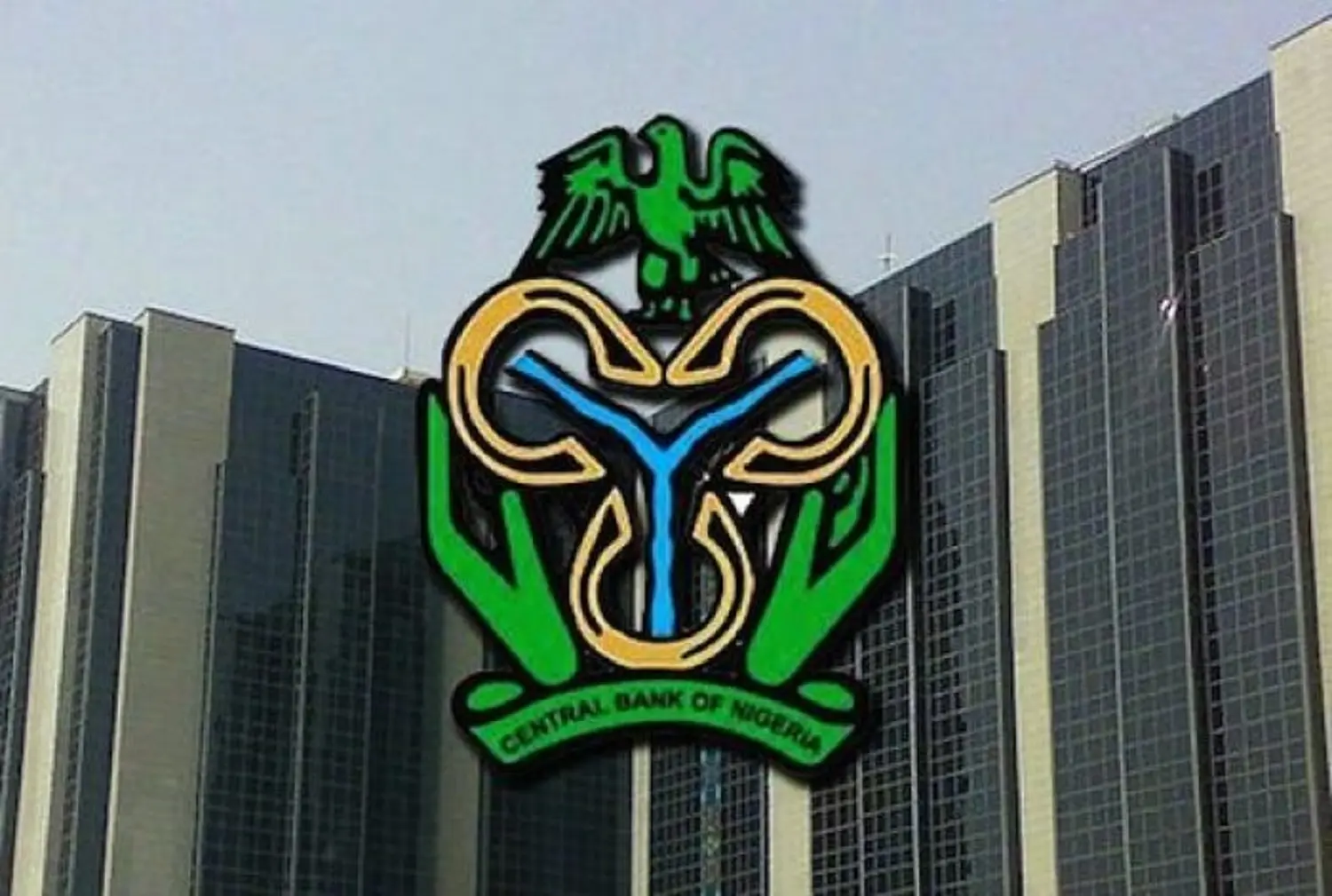The Central Bank of Nigeria (CBN) has joined the International Monetary Fund (IMF) and other global institutions to fashion out how monetary and fiscal authorities can integrate policies to help tackle the menacing challenge of climate change.
This was disclosed at the first African Training Institute/International Monetary Fund (ATI/IMF) workshop in Abuja on “Climate Change and Macro Financial Policies”, with 44 participants drawn from six countries in attendance.
In her welcome address, Eva Jenkner, the Director, Second African Regional Technical Assistance Centre in West Africa (AFRITAC West 2), reminded the audience that the United Nations Framework Convention on Climate Change (UNFCCC), in May, issued an alarming report that the world may likely exceed 1.5 degrees Celsius in temperatures by 2027.
She said at the Africa Climate Summit in Nairobi, regional leaders emphasized the urgency for climate action globally and the need to unlock financing opportunities for African countries, particularly in a context where fiscal space is constrained and vulnerabilities remain elevated.
Tinubu appoints El-Rufai’s Commissioner as CBN Deputy gov, fires Emefiele’s deputies
Yemi Cardoso assumes duty as Acting CBN Governor
‘In most of the climate vulnerable countries, the main focus is on adaptation. We need to support policy reforms that enhance long-term resilience to climate change”, she said.
Also speaking at the event, Vimal Thakoor, Resident Advisor, IMF Africa Training Institute emphasized that fiscal and monetary policy wings of African nations have huge roles to play.
“There is a big role for ministries of finance to play. There’s a big role for central banks to play. A lot has to do with the integration of the climate policies in economic frameworks.
“What do I mean by that? Once the Ministry of Environment has identified an economic policy, a climate policy, you want to ensure that the resources are available to finance that policy so they can be implemented to build resilience.
“Similarly, at the level of the Central Bank, climate change poses risks to price stability and financial stability, and being cognizant of these risks will allow the Central Bank to better formulate policies that promote both price stability and financial stability.”

 Join Daily Trust WhatsApp Community For Quick Access To News and Happenings Around You.
Join Daily Trust WhatsApp Community For Quick Access To News and Happenings Around You.

